Ayiti: the original name of the Taino
Before the arrival of the Europeans, the island was inhabited by the Taino, an indigenous people who called it Ayiti, meaning "land of high mountains" or "mountainous country".
- A tribute to nature: This name highlighted the imposing mountains and green landscapes of the island.
- A cultural symbol: For the Taino, Ayiti embodied their harmonious way of life with nature and their deep attachment to the land.
This name is the historical root of the word “Haiti,” which would later be re-adopted as a tribute to indigenous heritage.









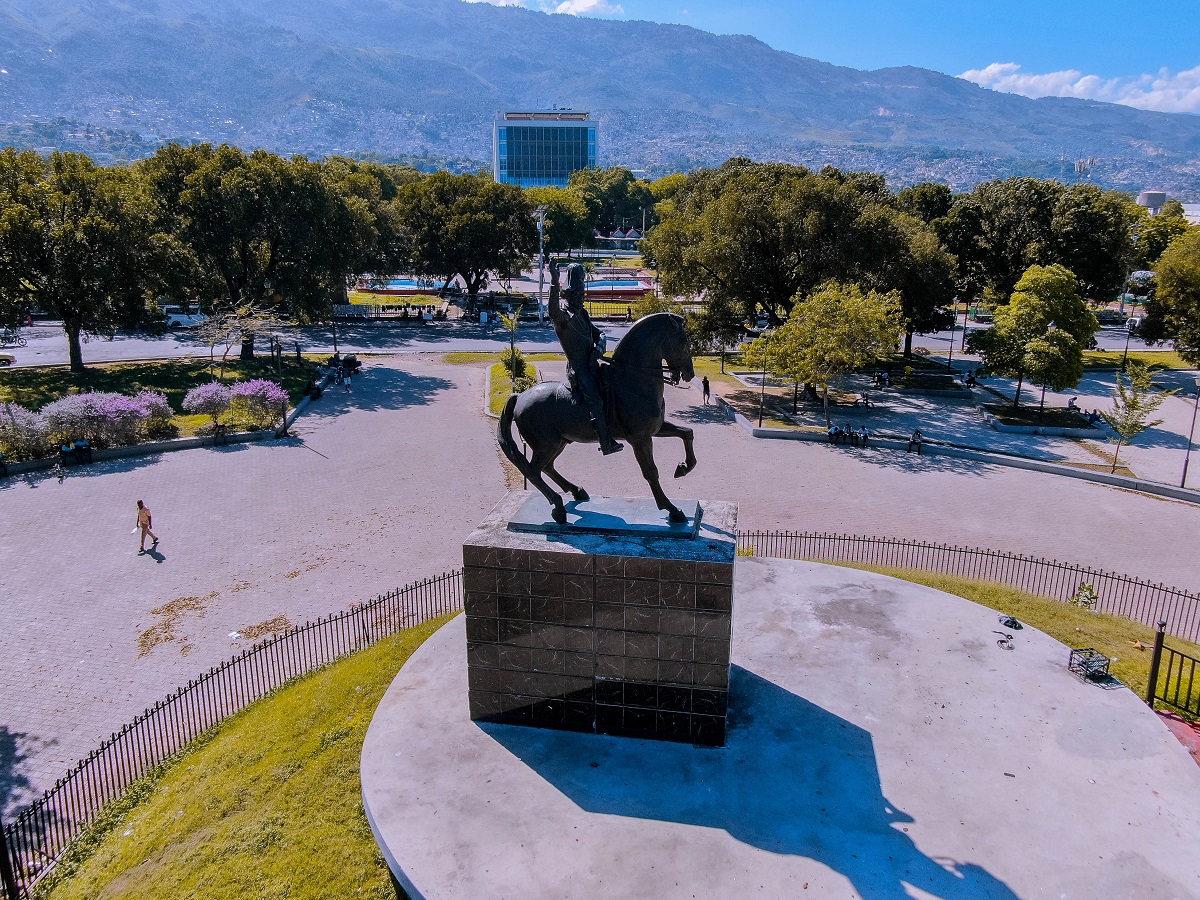
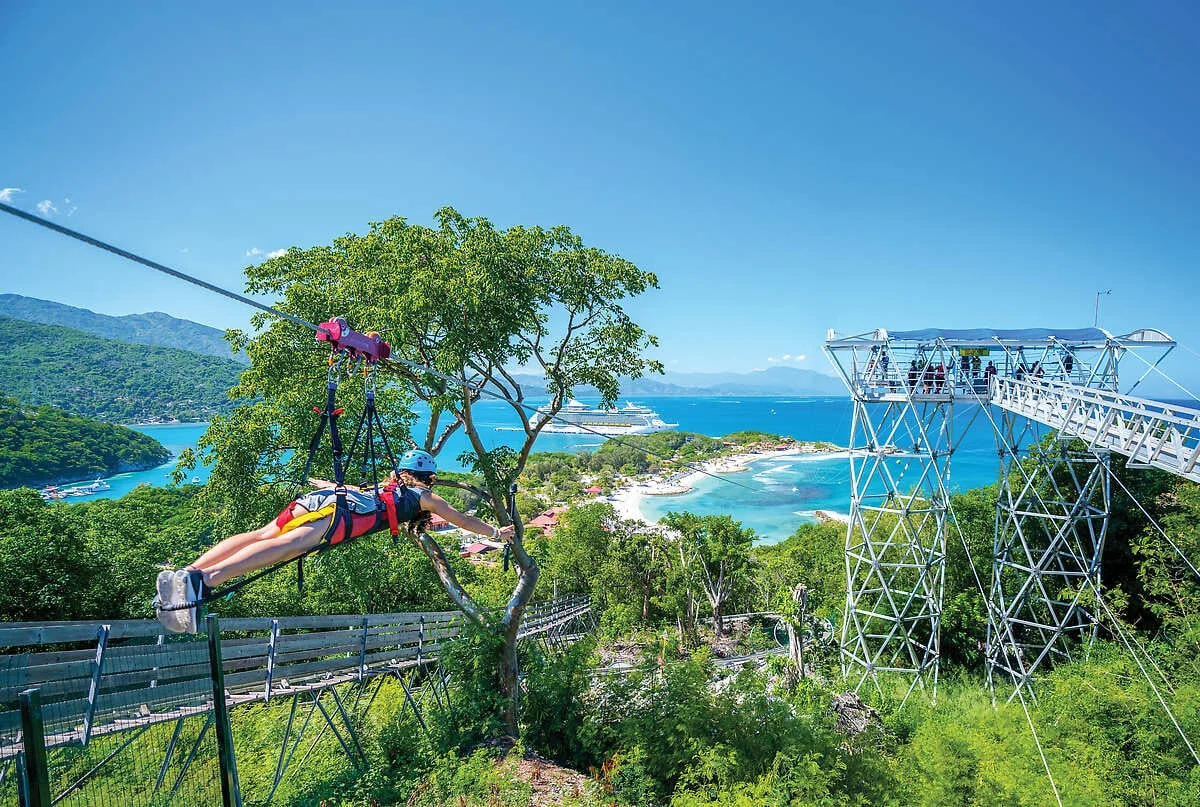
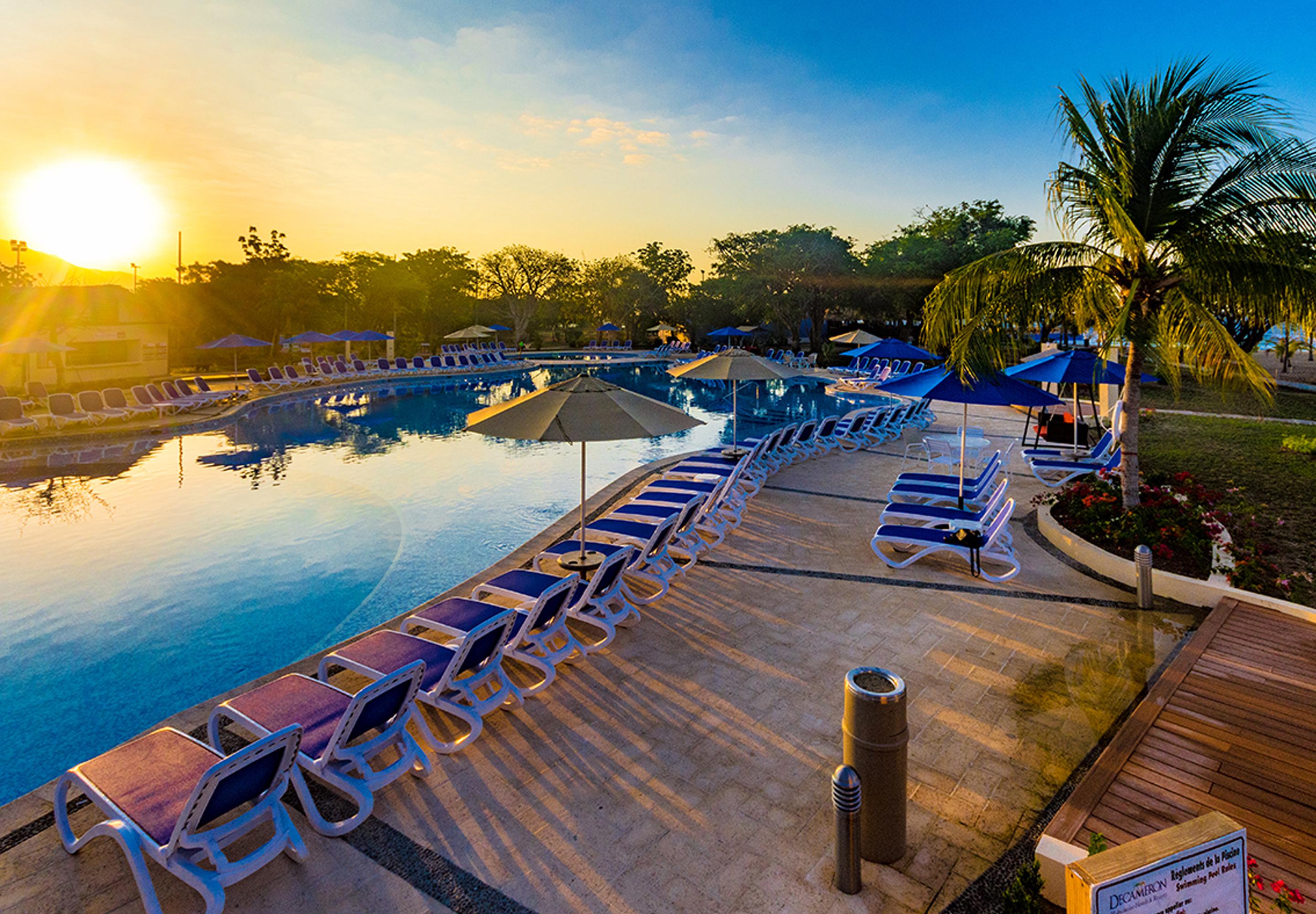
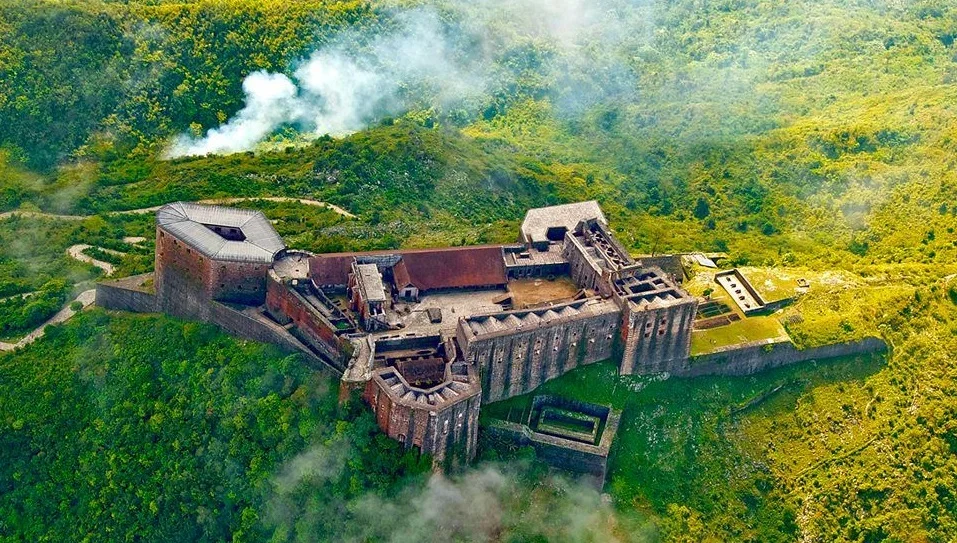


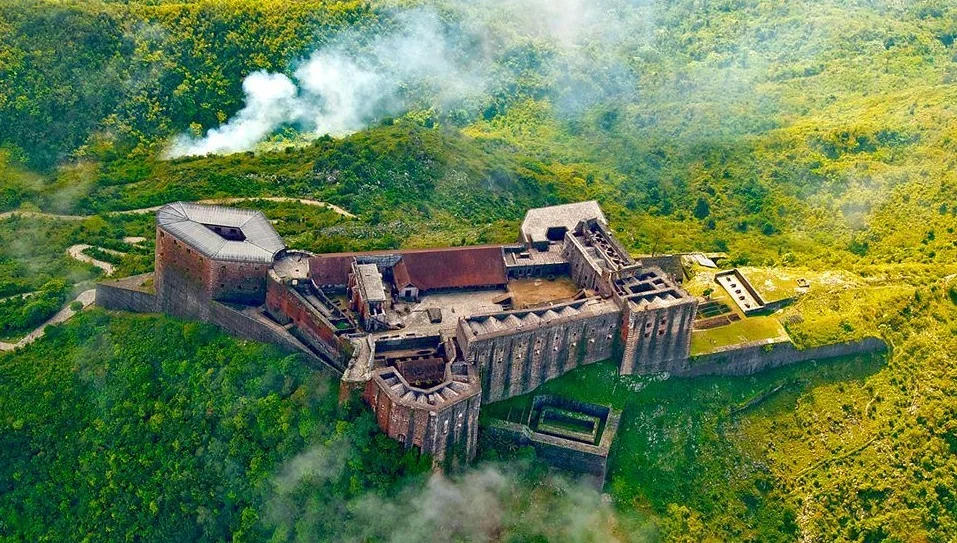
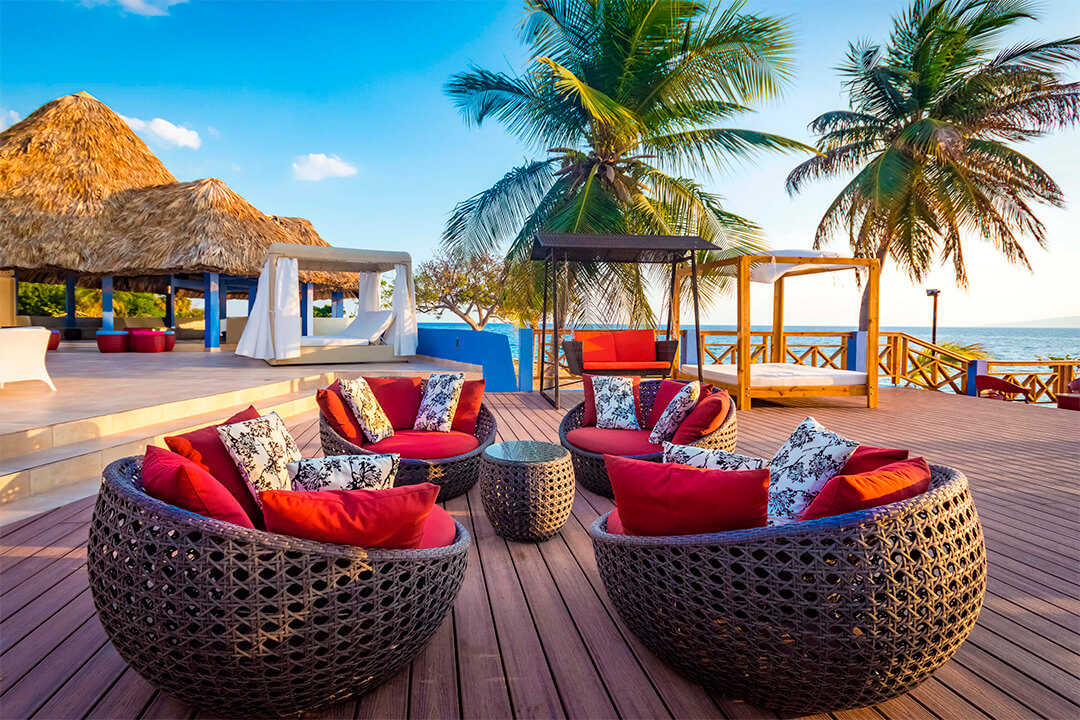
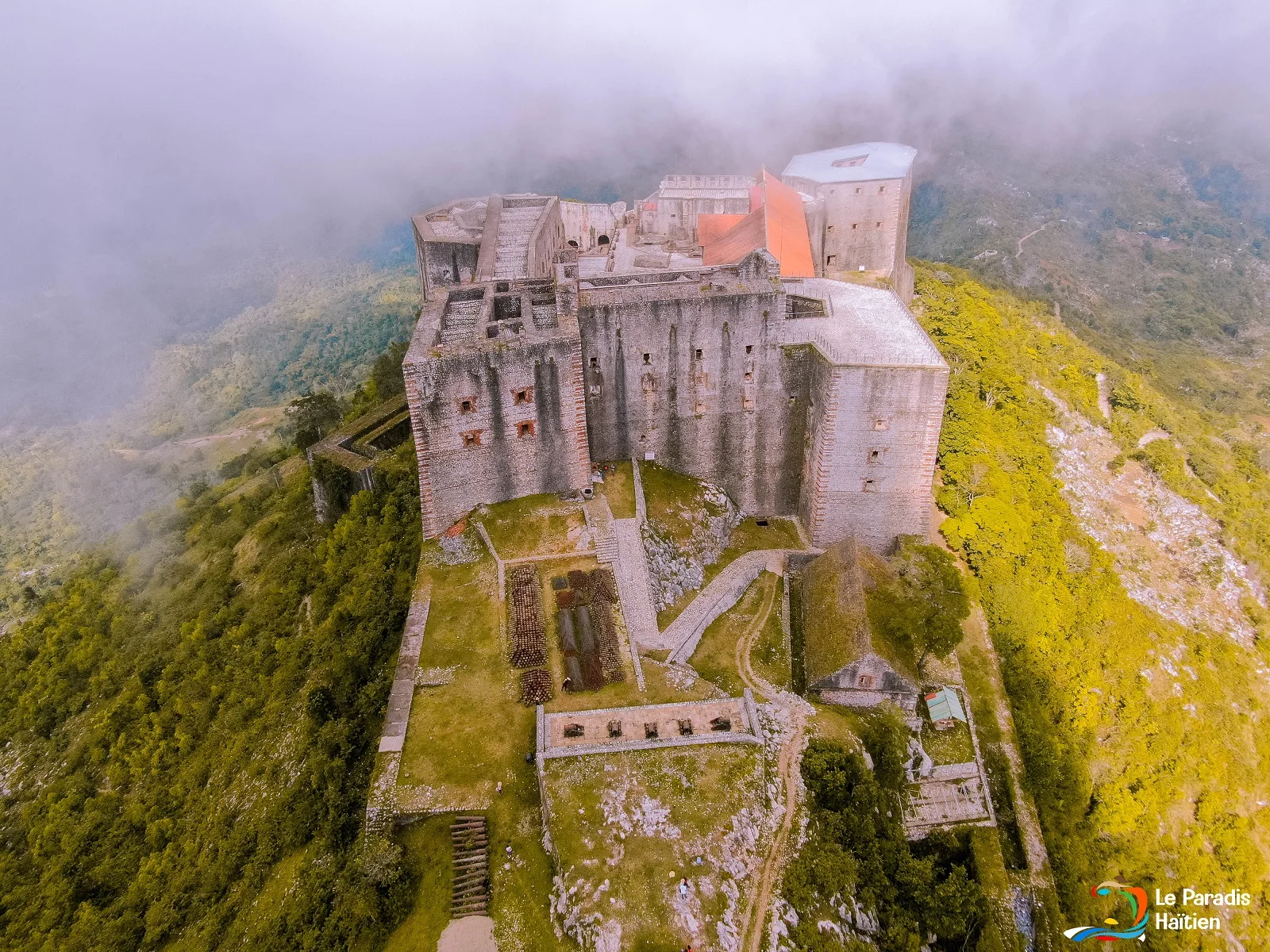
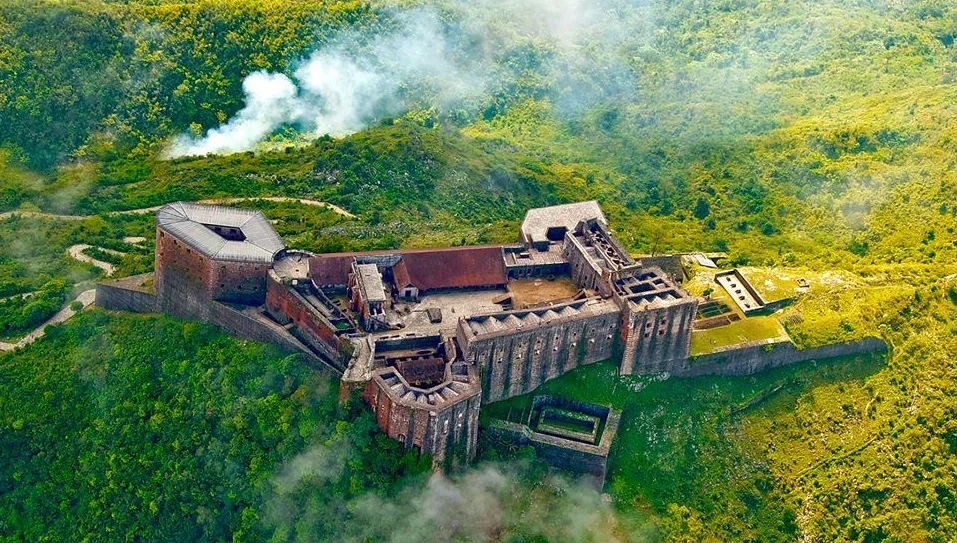

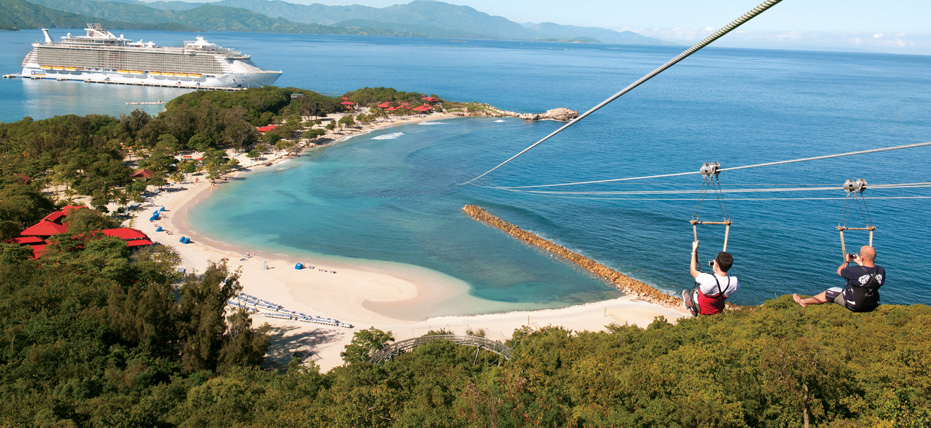
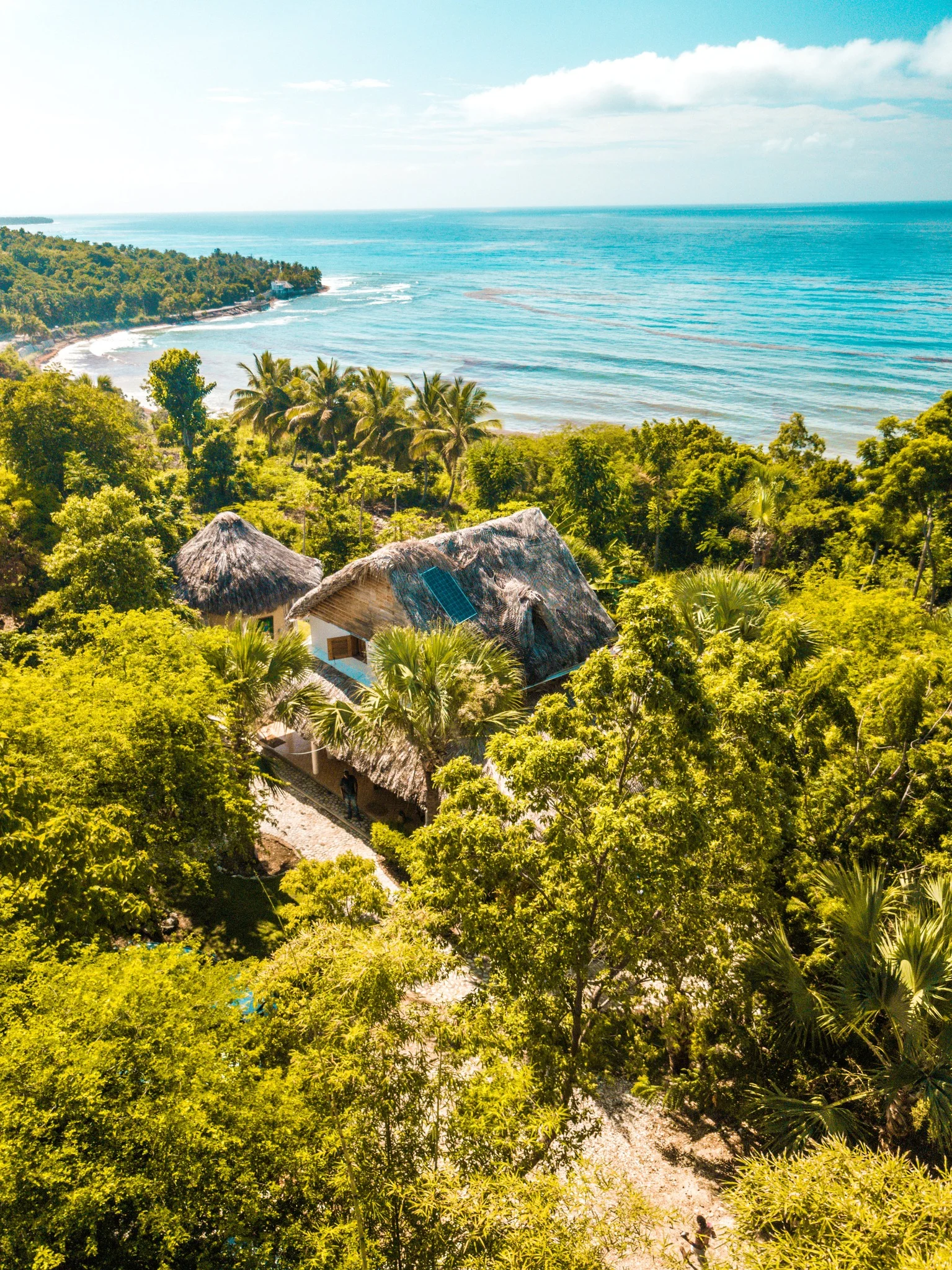


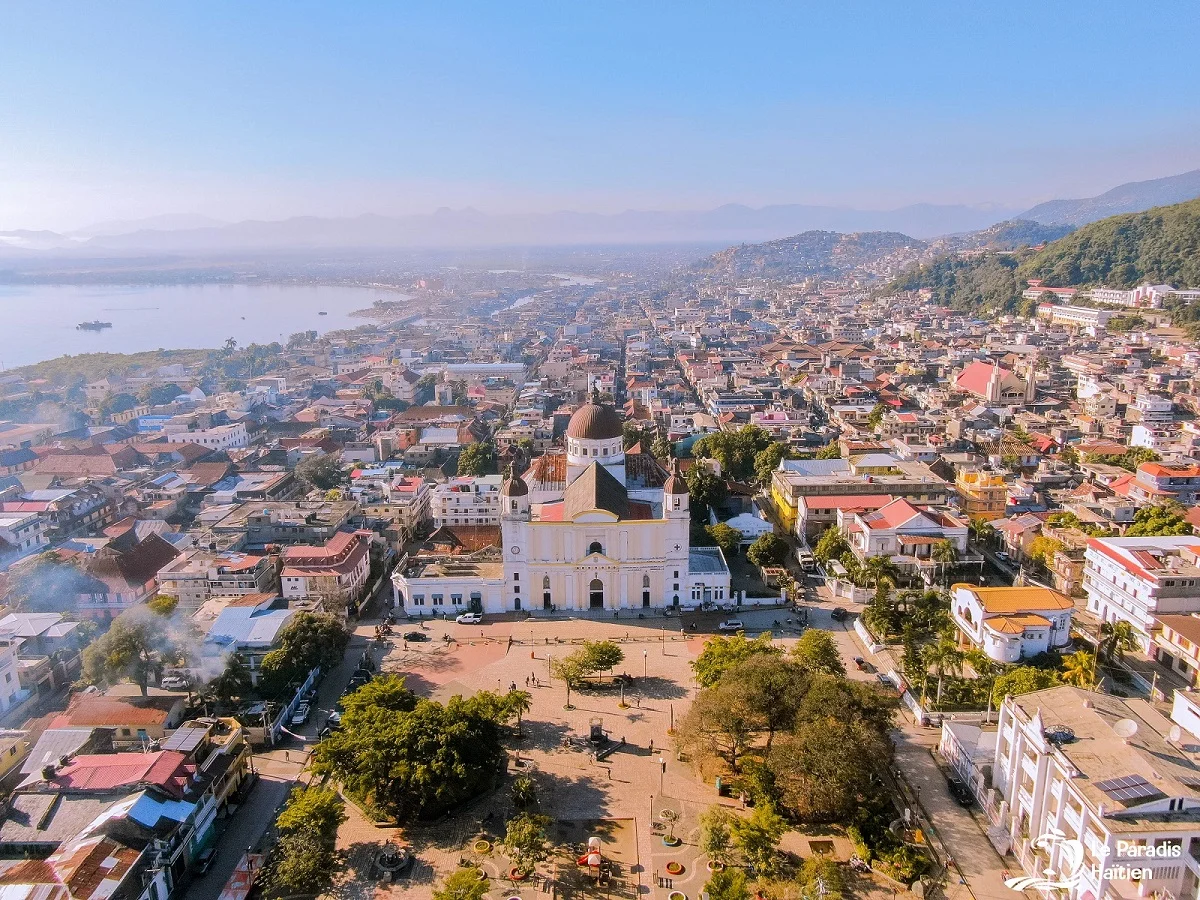
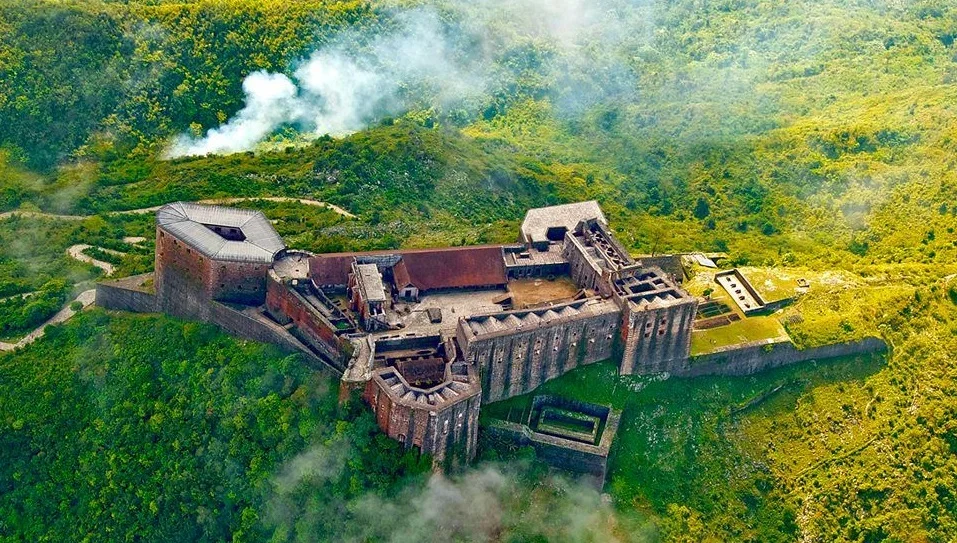





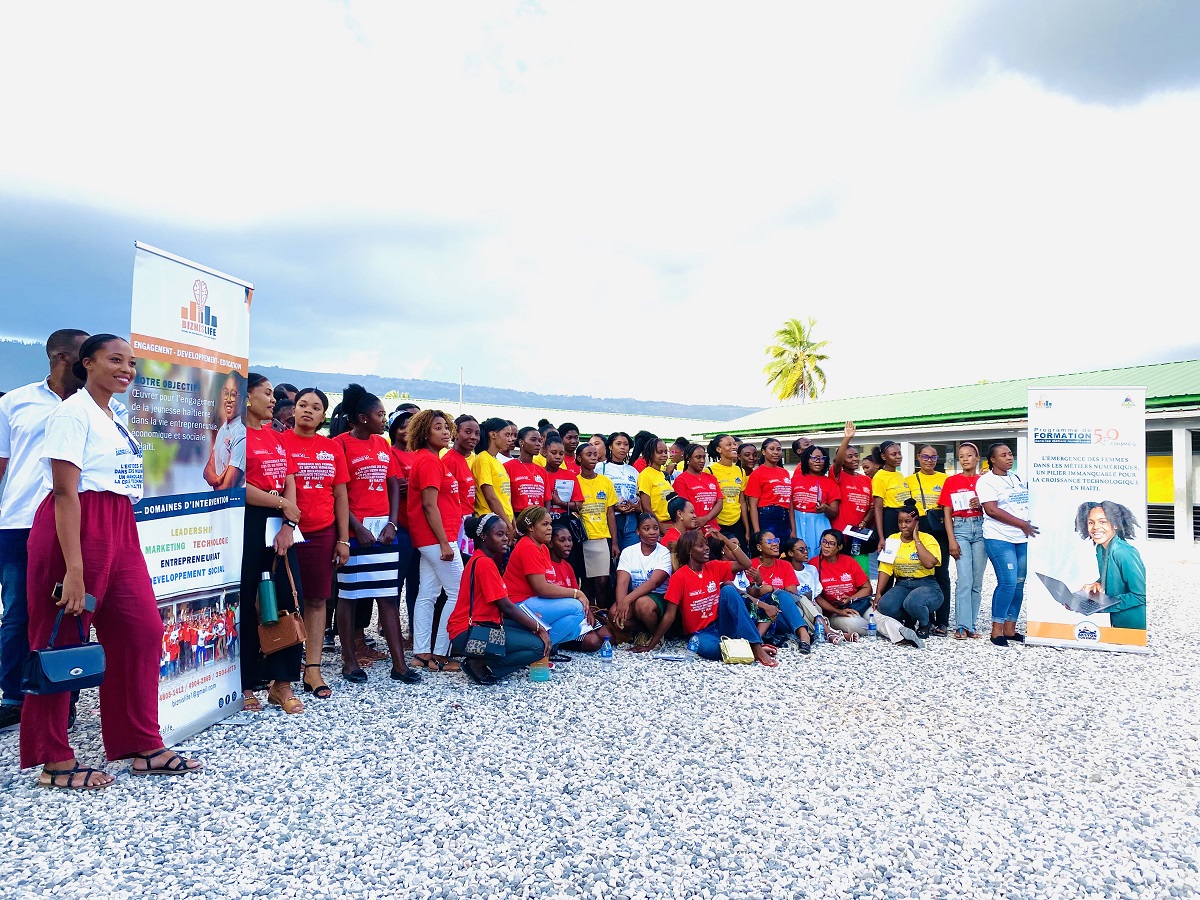




































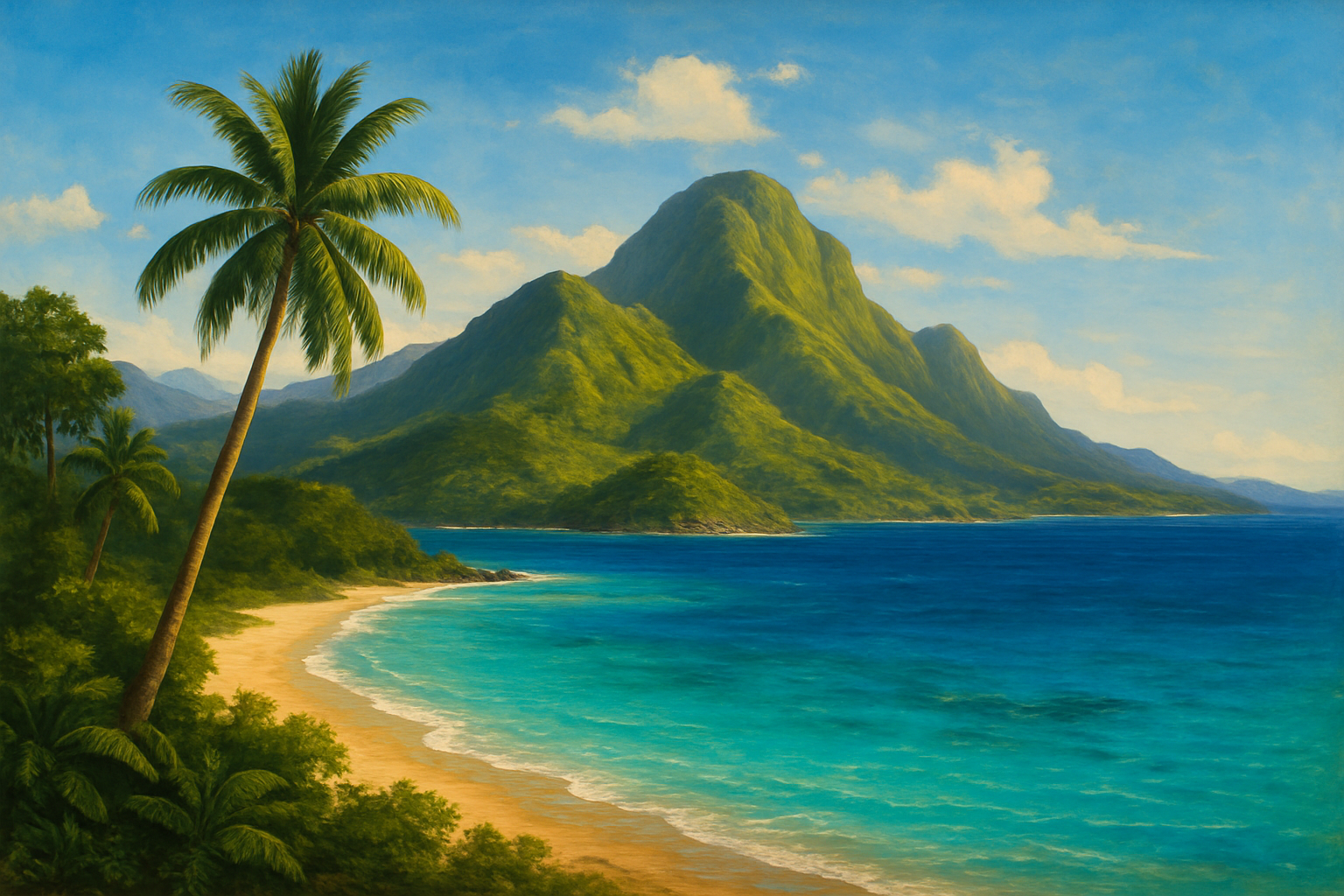
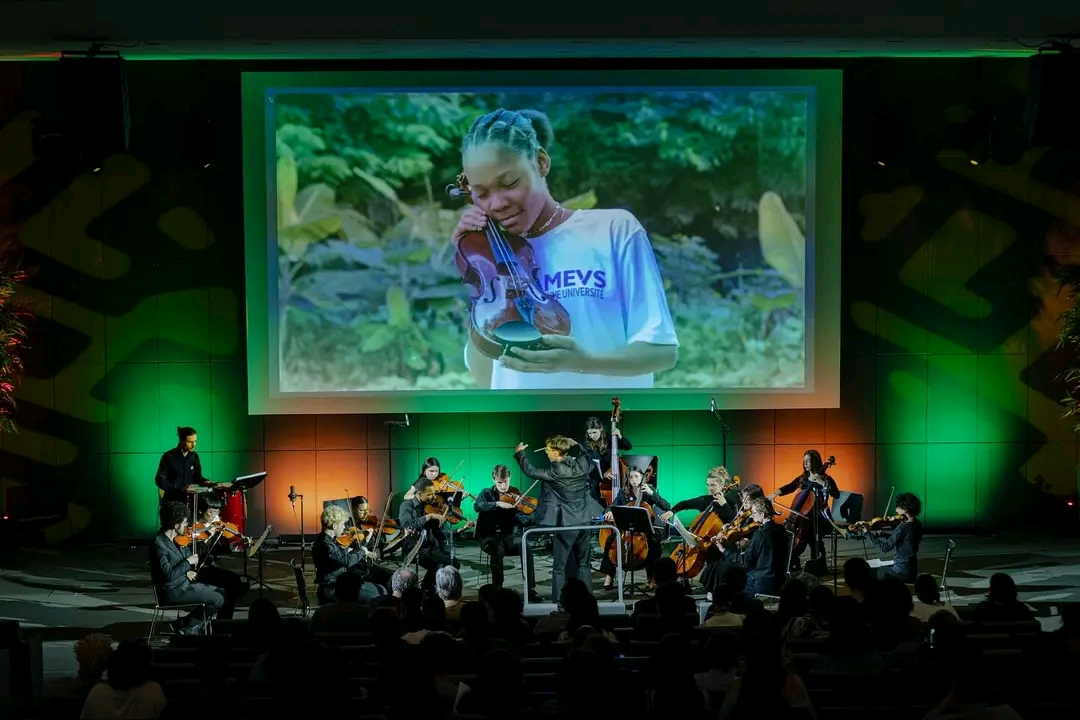
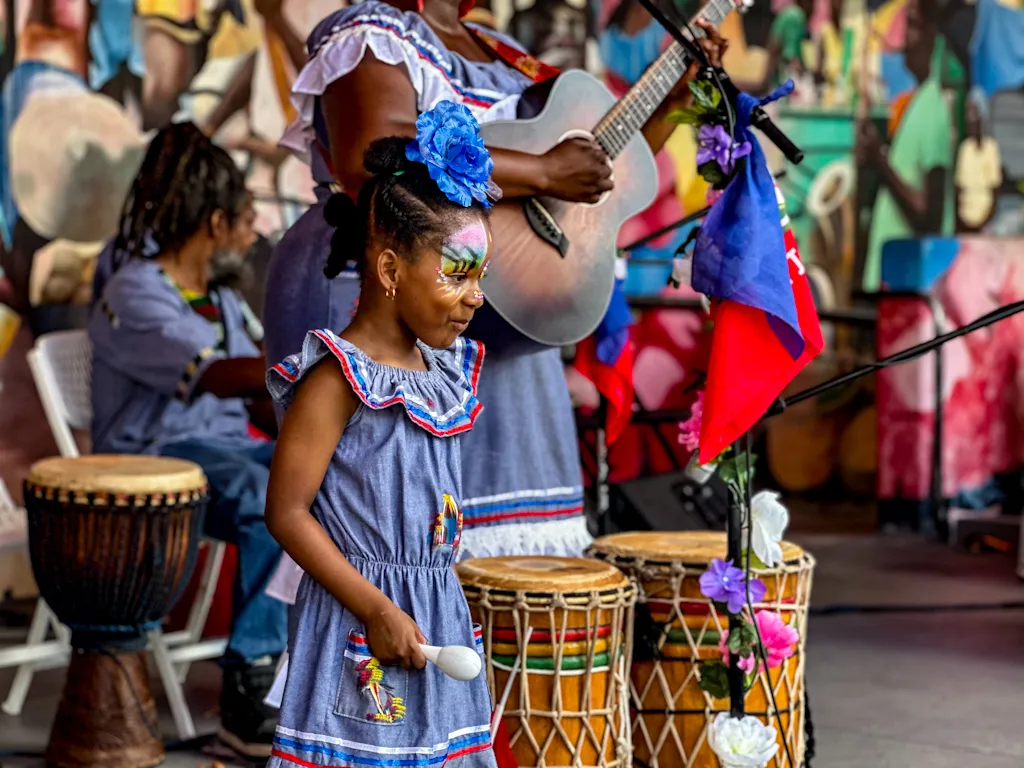
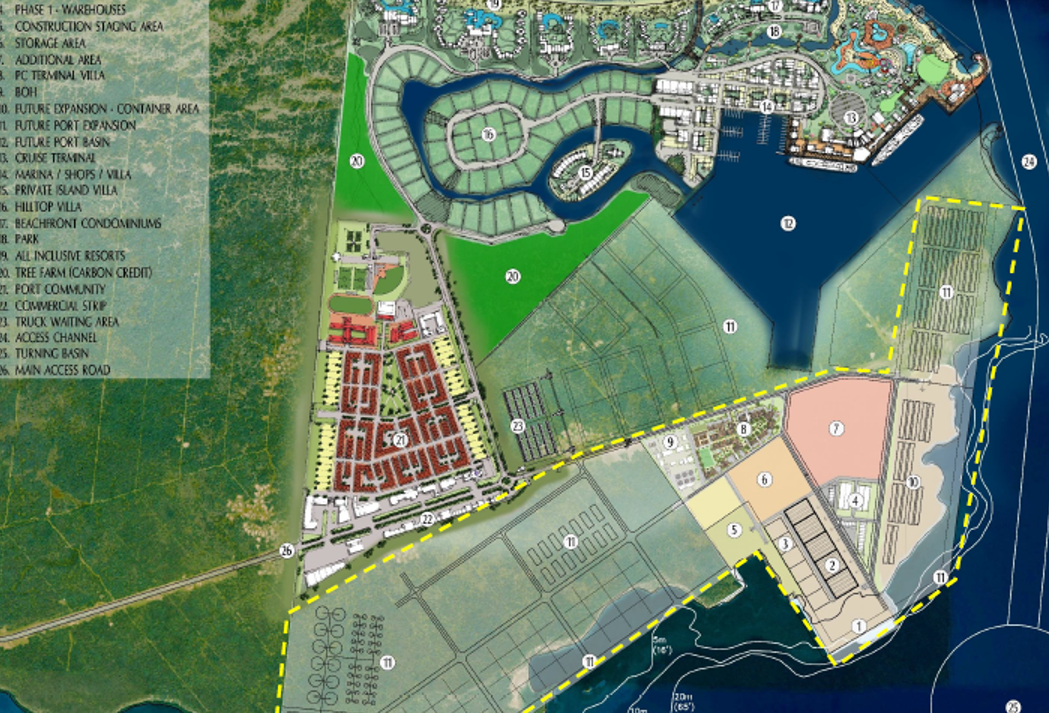



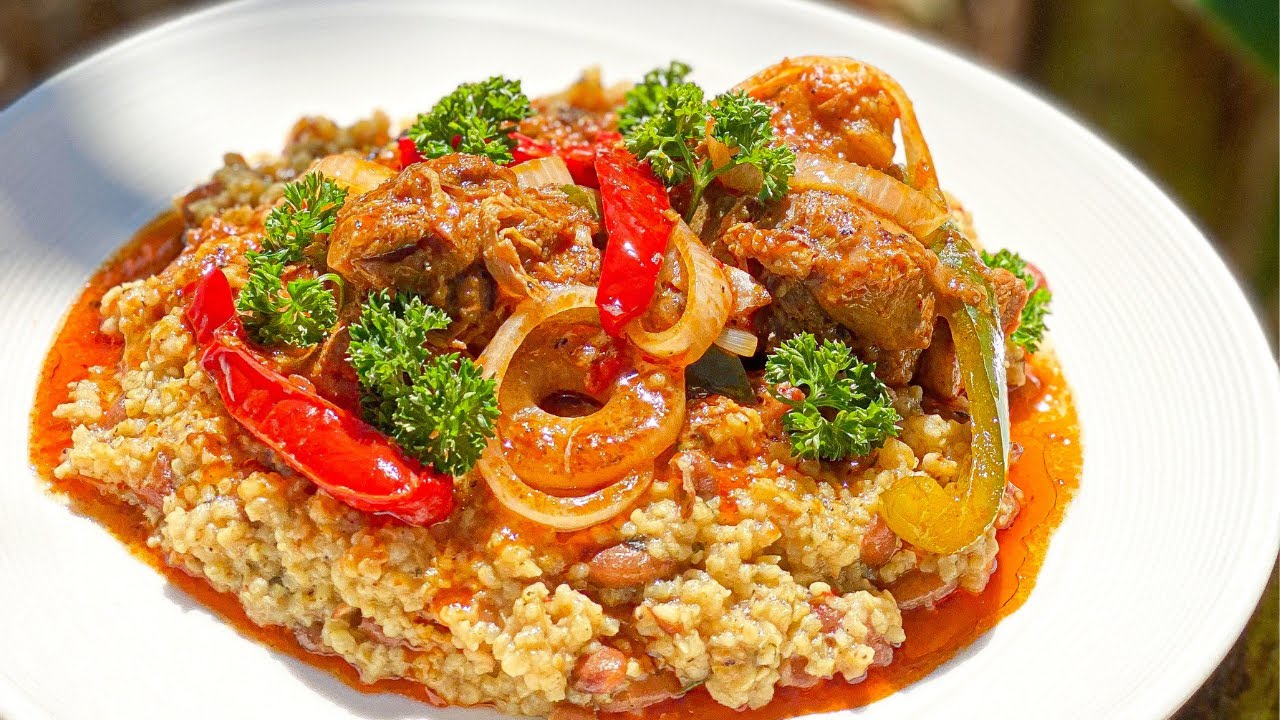
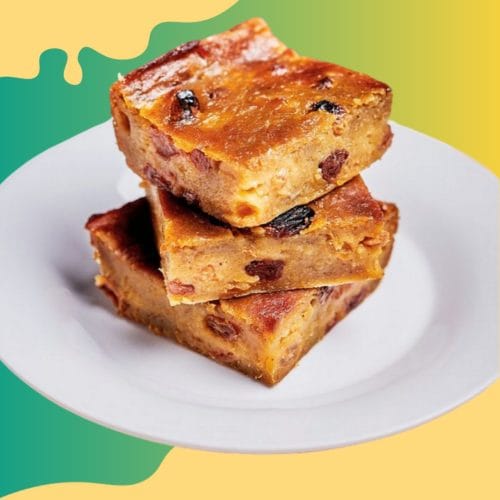
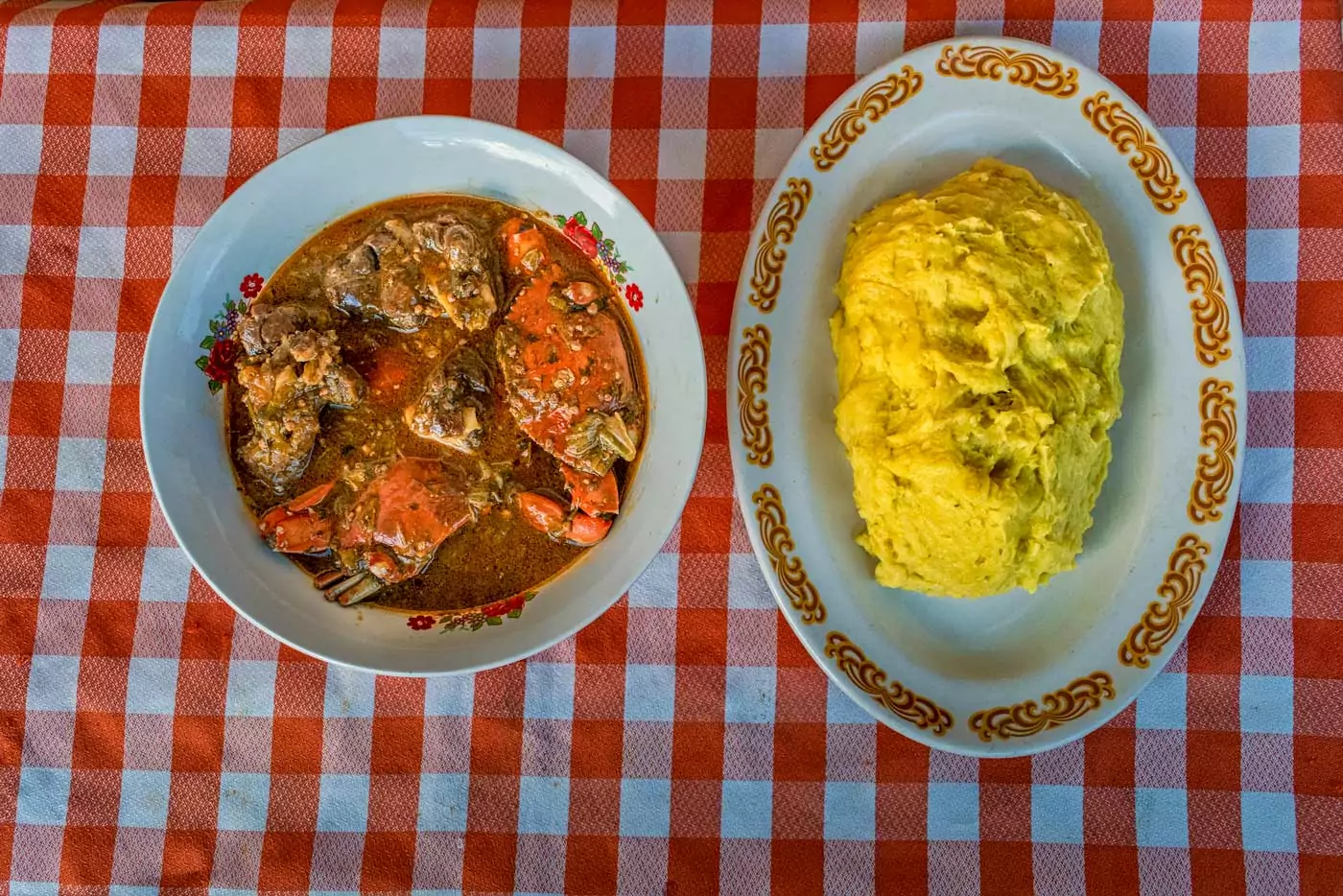







Why would you start an article which speaks about our people’s relentless fight against colonialism with not calling our land by its indigenous name? Quisqueya, Ayti not Hispañola Why would you start an article with the spirit of defeat? Although I do give much love to Ayti for naming our land after our Ancestors did. Thank you for that.
April 24, 2025 - 07:37:50 AM